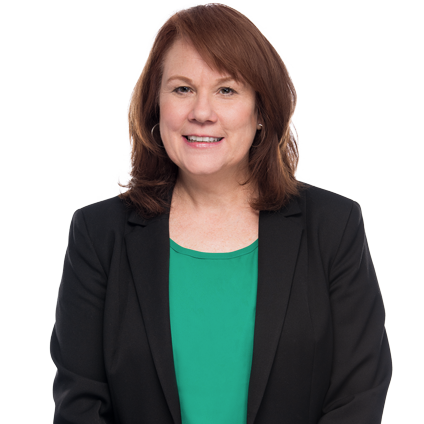The CARES Act provided for $100 billion in relief funds to hospitals and other healthcare providers to support healthcare-related expenses or lost revenue attributable to COVID-19 as well as to provide for testing and treatment of COVID-19 for uninsured Americans.
The Department of Health and Human Services (HHS) began the cash infusion of $30 billion into the U.S. healthcare system distributing payments to eligible providers via direct deposit beginning today, April 10, 2020. According to the HHS Press Release:
- These are payments, not loans, to healthcare providers, and will not need to be repaid.
- All facilities and providers that received Medicare fee-for-service (FFS) reimbursements in 2019 are eligible.
- Payments to practices that are part of larger medical groups will be sent to the group's central billing office.
- All relief payments are made to the billing organization according to its Taxpayer Identification Number (TIN).
- As a condition of eligibility, providers must agree to not seek collection of out-of-pocket payments from a COVID-19 patient that are greater than what the patient would have otherwise been required to pay if the care had been provided by an in-network provider. Providers must also agree to be bound by the HHS Terms and Conditions, found here.
- Providers will be distributed a portion of the $30 billion based on their share of total Medicare FFS reimbursements in 2019. Total FFS payments were approximately $484 billion in 2019.
- According to the HHS Release: A provider can estimate their payment by dividing the 2019 Medicare FFS (not including Medicare Advantage) payments they received by $484,000,000,000, and multiply that ratio by $30,000,000,000. Providers can obtain their 2019 Medicare FFS billings from their organization's revenue management system. As an example: A community hospital billed Medicare FFS $121 million in 2019. To determine how much they would receive, use this equation: $121,000,000/$484,000,000,000 x $30,000,000,000 = $7,500,000.
- HHS has partnered with UnitedHealth Group (UHG) to provide these rapid payments to providers eligible for the distribution of the initial $30 billion in funds. Providers will be paid via Automated Clearing House account information on file with UHG or the Centers for Medicare & Medicaid Services (CMS). The automatic payments will come to providers via Optum Bank with "HHSPAYMENT" as the payment description. Providers who normally receive a paper check for reimbursement from CMS will receive a paper check in the mail for this payment as well, within the next few weeks.
- HHS' payment of funds is conditioned on the healthcare provider's acceptance of the Terms and Conditions within 30 days of receipt of payment. Providers should review the Terms and Conditions carefully. Starting next week providers will need to accept this payment via the HHS Terms and Conditions at this link.
- If a provider receives payment and does not wish to comply with these Terms and Conditions, the provider must contact HHS within 30 days of receipt of payment and then remit the full payment to HHS as instructed.
- Check the HHS website for forms and updated information.
If you have any questions about the CARES Act Provider Relief Fund, please contact Grace D. Mack, Michael Schaff, Peter Greenbaum, Alyson Leone or any member of our Health Law Team.
- Department of Health & Human Services: Relief Fund Payment Terms and Conditions
- Centers for Medicare & Medicaid Services Approves Approximately $34 Billion for Providers with the Accelerated/Advance Payment Program for Medicare Providers in One Week
- U.S. Department of Health & Human Services to Begin Immediate Delivery of Initial $30 Billion of CARES Act Provider Relief Funding
Tags: Coronavirus (COVID-19) • CARES Act • Provider Relief Fund

